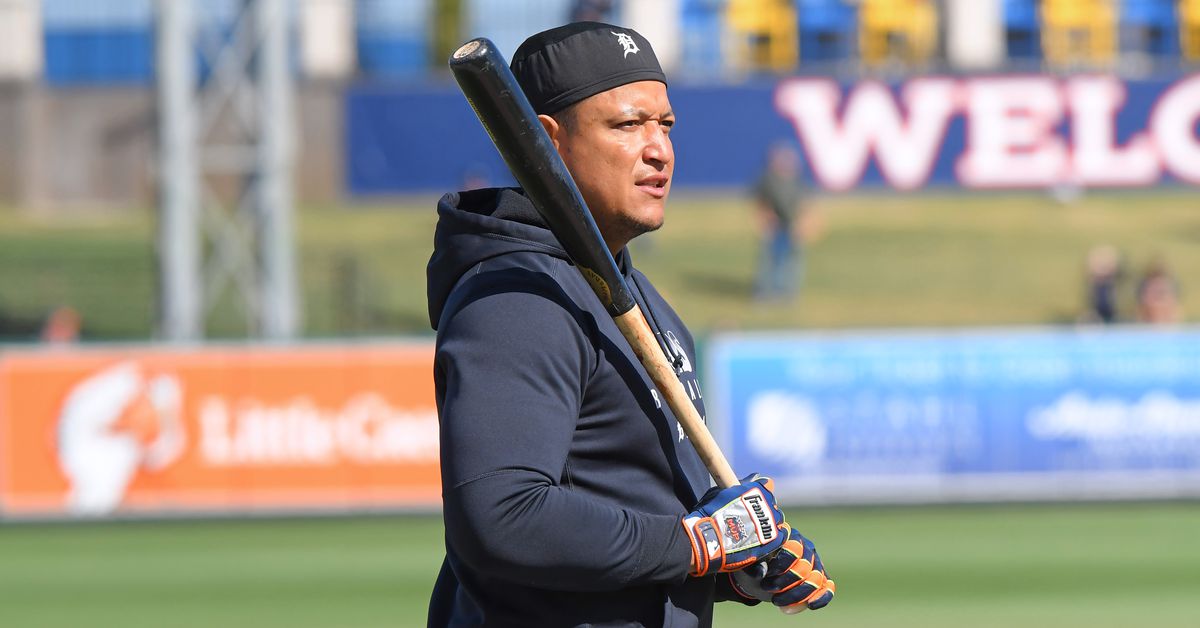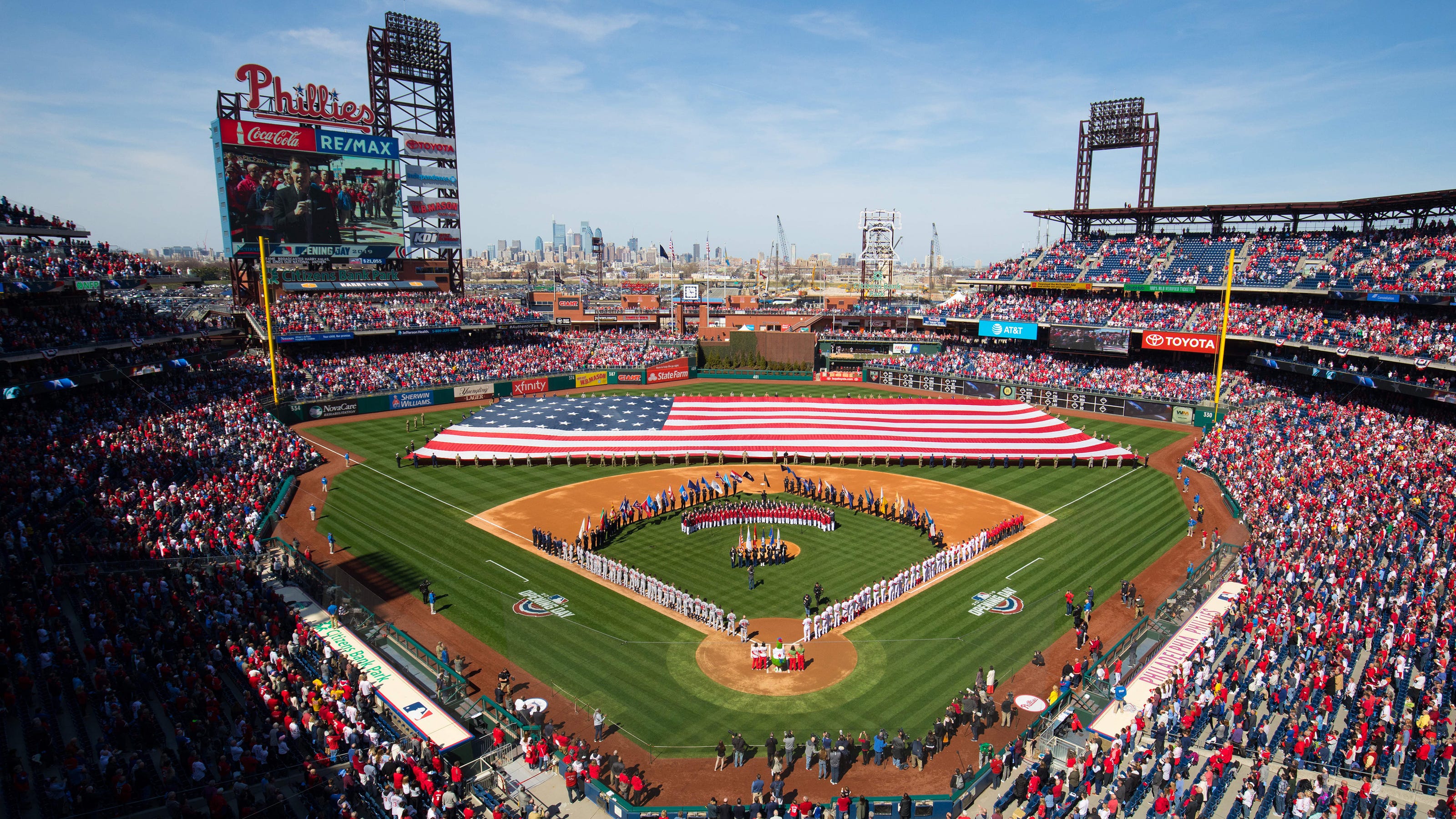- 20,212
- 25,681
- Joined
- May 10, 2013
Those aged well I see...
Follow along with the video below to see how to install our site as a web app on your home screen.

Note: this_feature_currently_requires_accessing_site_using_safari

Oh gee, Houston sports radio is about to flip out and have a conniption.


I don’t think they have any season ticket holdersRays and Marlins?

I don’t think they have any season ticket holders
 this is a harder guess then
this is a harder guess thenHow in the hell in 2020 can two MLB teams not have enough operating cash to refund season tickets


 ... they were at the plate like it was any other inning in the bottom of 7.
... they were at the plate like it was any other inning in the bottom of 7.
Lol @ Manny tryna come back to play professionally in Taiwan
He refused to get rid of his sideburnsHow did Don Mattingly miss the HOF?
I mean, of all the realistic possibilities on the table right now for MLB this one actually makes a bit of sense. You stick to your own region and just play those teams for 100 games and get a season in. Natural rivals could play each other like 30 times, I mean why not for a yearWhat?!

MLB discussing plan to start season in late June, playing in home stadiums with realigned league
MLB is optimistic this week that it can start the 2020 season in late June, playing at least 100 regular-season games.www.usatoday.com
